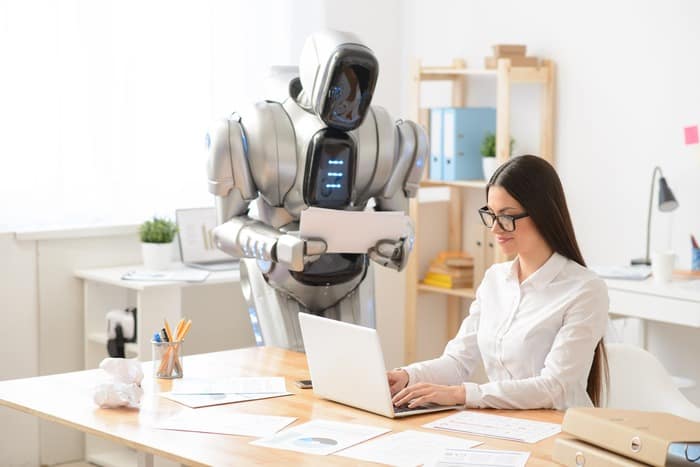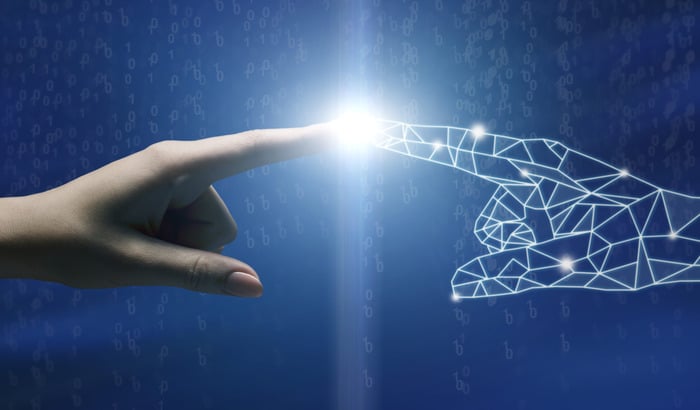
The conversation around AI tends to go in a few different directions. The two main areas that it often focuses on are business (including issues like employment and redundancy) and society at large. At the heart of many of these discussions, while businesses are exploring the myriad of ways in which AI can earn them money, is the question of whether or not artificial intelligence is something that is good for humanity.
It’s a multi-faceted question and one that companies like OpenAI claim to be trying to steer in a more positive direction. However, there are plenty of ways in which humans and AI can work together in a way that benefits both.
The Issue of Employment
For a lot of people, this is going to be the question on their minds. If someone works in a sector where AI is thriving, they might be worried that the skills they’ve spent their whole professional lives accumulating are going to be valueless sometime soon. While this might be a more pressing reality for some than others, even within the affected areas, many times, businesses might implement AI tools in a way that works in collaboration with human workers.
While it’s easy to think of AI offering a straightforward alternative to human skills, having someone on hand who knows exactly what kind of results they’re looking for can help to get the most out of these platforms.
Fine-Tuning
On a day-to-day level, how should this look? Well, it might mean that you need people working for you who are more familiar with AI in general. Part of the reason for this is that there are so many different options that you have when it comes to software, that you want to ensure you’re getting the one that is right for your business. Whether this means reading detailed AI comparison reports to figure out whether ChatGPT or Bard is better for you, or if it means doing a deep dive into the kinds of visual content that other platforms can make, this is a step that’s key to getting the best results.
Allowing space for those with the skills to become acquainted with using AI to further their own work in the relevant sector can mean that they have a chance to prepare for the future that this technology is creating for their professional sphere.

Societal Goals
There’s also a lot of anxiety over what AI might mean when it comes to the future of humanity as a whole. Obviously, nobody can answer this question definitively and uncertainty is what causes there to be so much speculation and room for doubt. However, there is also room to be positive. Artificial intelligence is a groundbreaking tool and something that could help distant plans to come fruition more readily. While a lot of popular attention might be on AI’s capability to further human development in space, there’s also reason to think that it could help pave the way toward a more sustainable future – providing an asset in the fight against climate change.